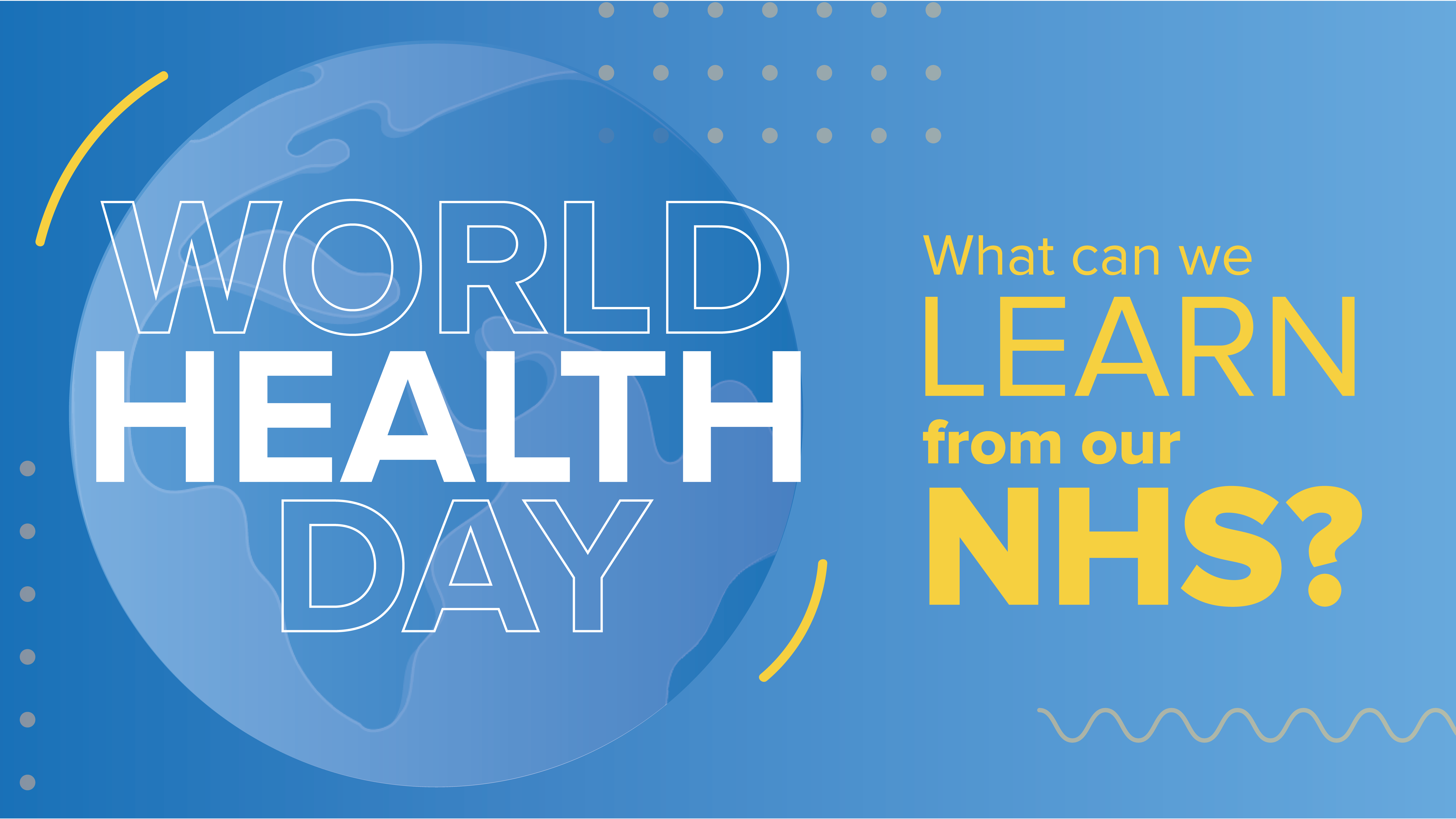Insights
What Can We Learn From Our NHS?

There is no denying it. Everything feels a little bit strange right now.
Coronavirus has brought unprecedented changes to our culture and economy. We are finding ourselves spending somewhat more time with our families than planned, and are constantly trying to justify that ‘essential outing’ to the corner shop to buy a Kinder Bueno.
When combined with the constant negative media coverage, it is no surprise that people have been left feeling confused, stressed and anxious.
With World Health Day this year focusing on the vital role nurses and midwives play in providing health care around the world, this got us thinking: surely there is something we can learn from them, the people on the front line, to help us all get through these uncertain times?
So we reached out to some of our friends at the NHS and asked them to share their top tips on how to effectively and calmly manage stress and uncertainty:
1) Talk!
Having open and honest conversations is so important. If you’re feeling down or you’ve had a bad day, get it off your chest and share the burden. Don’t be afraid to ask for help or support.
Encourage others to do the same – give people the opportunity to talk and take the time to listen. We may not have the answers right now, but we’re all in the same boat.
2) Have a sense of humour
Have a sense of humour no matter what’s going on around you, and try not to worry about the ‘what ifs?’.
People feed off others’ stress and worries, but we don’t want to be walking around feeling miserable, do we?
So stay calm, have a laugh, make a joke, and release those endorphins. It will make you feel better!
3) Take some ‘me’ time
Take some time to yourself to get some headspace, relax and unwind. Have an early night or a lie in. Watch a film you’ve seen a thousand times that you know so well you don’t need to think about. Or even just take an hour out of your day to sit, breathe and reset if you need it.
4) Exercise
Do some exercise to set you up for the day. Whether that’s a quick walk to clear your head, a jog, some yoga or a HIIT session (if you really, really want to…).
5) Make a list
Make a to-do list at the end of each day, so you’re prepared for the day ahead. Catch-up with your colleagues to make sure everyone knows who’s doing what and ensure you’re all on the same page. Prioritise those tasks that are most pressing, and maybe spend that extra 30 minutes finishing off one final job so you don’t have anything to worry about the next day.
If our NHS can keep calm and carry on, I think we can manage it for a few months, too?
Remember, we’re all in this together.